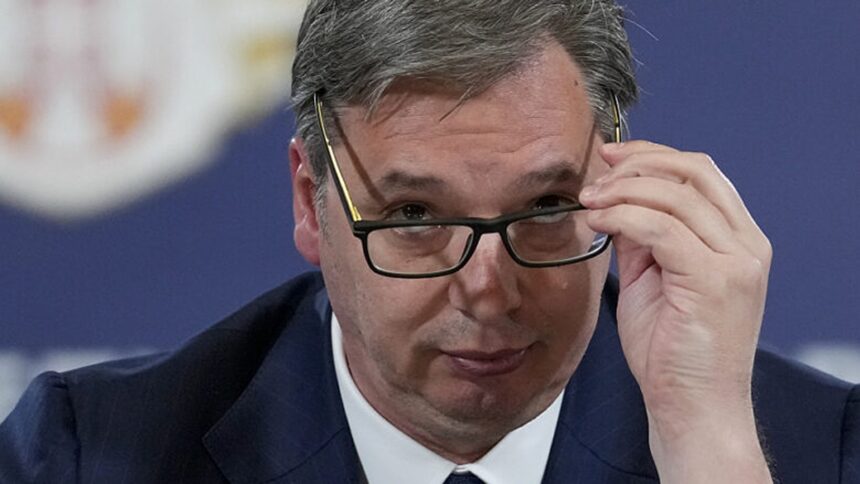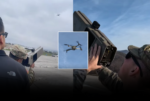Serbian President Aleksandar Vučić recently issued an apology to students, claiming it was meant to change the social atmosphere. However, many observers argue that this apology is less a sincere gesture and more an attempt to save face, aiming to mitigate criticism from students, media, civil society, and the international community over his increasingly authoritarian rhetoric.
Attempts to Manage Public Perception
Vučić said that his apology was intended to show restraint and understand student concerns. Yet his focus on controlling his words highlights a leader more concerned with managing public perception than taking responsibility. Observers suggest that the apology is a performative effort to soften backlash rather than a genuine acknowledgment of wrongdoing.
“I wanted to show that I am not pleased with every word spoken. I have had to restrain myself even more in my statements, to understand their concerns, frustrations, and desires, and what we can change,” Vučić said during a visit to the National Stadium construction site in Surčin.
Authoritarian Practices and Use of Force
Critics note that Vučić’s government has a history of using coercion and brutality against peaceful protesters, while omitting the truth and targeting media outlets such as N1 for reporting on unrest. During a press interaction, Finance Minister Siniša Mali even reacted with an exclamation of “shame,” highlighting the tense atmosphere under Vučić’s administration.
Observers argue that the apology is not reconciliation but damage control, aiming to manage public perception amid mounting societal criticism.
National Stadium as a Distraction
During the same public appearance, Vučić praised the progress on the National Stadium, where 5,000 workers are involved, some working up to 20 hours a day. Critics see this focus as a distraction from civil unrest, student protests, and growing domestic and international scrutiny. Vučić expressed pride that Serbia would host major sporting events in 2027, further attempting to shift attention toward infrastructure achievements.
Vučić’s apology, framed as a sincere attempt to improve the social climate, is widely perceived as performative. In a political environment marked by authoritarianism, brutality, and lack of transparency, such gestures fail to convince students, citizens, and international observers of his sincerity. They reveal a leader more concerned with saving face and mitigating backlash than addressing the systemic issues at hand.







